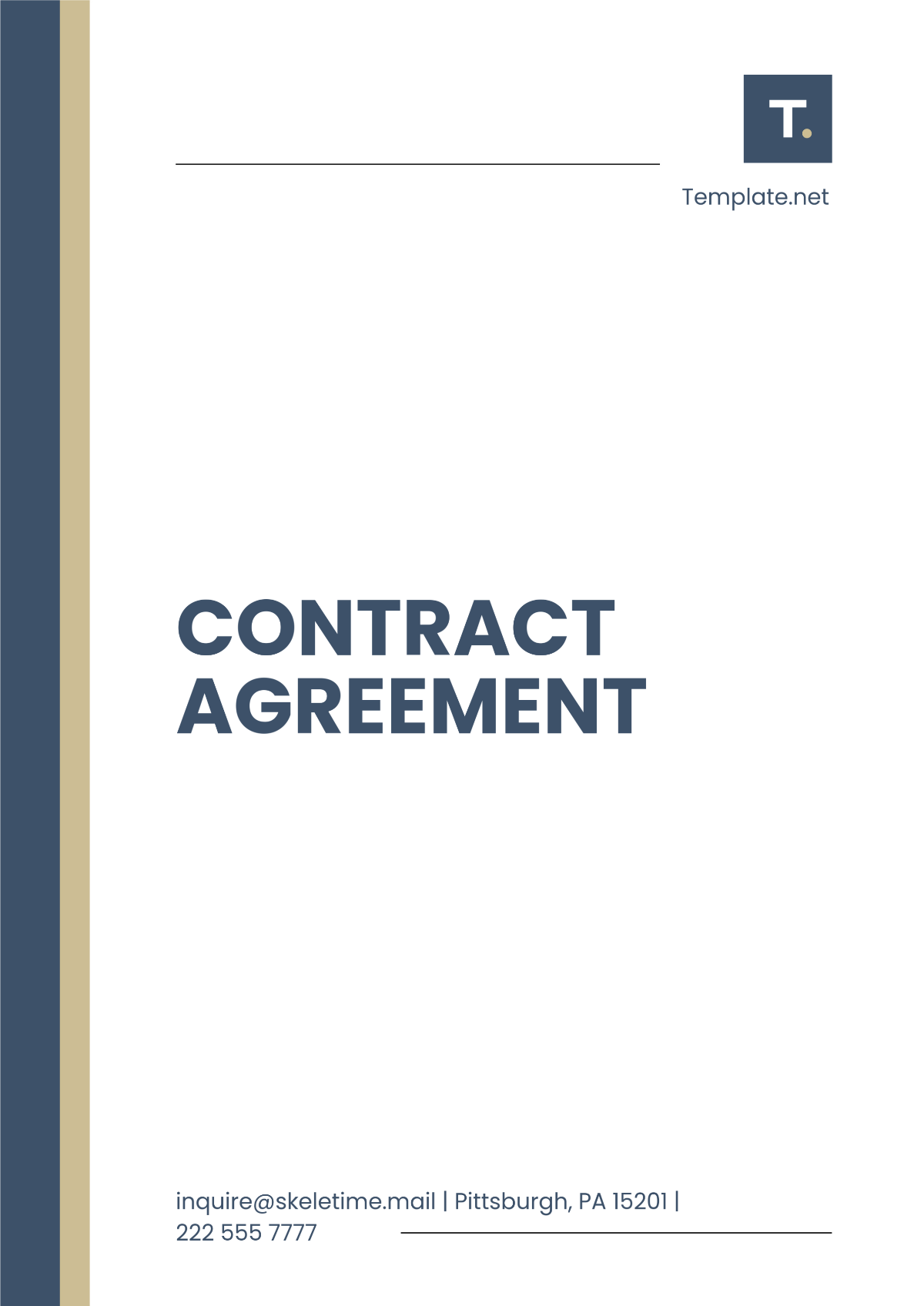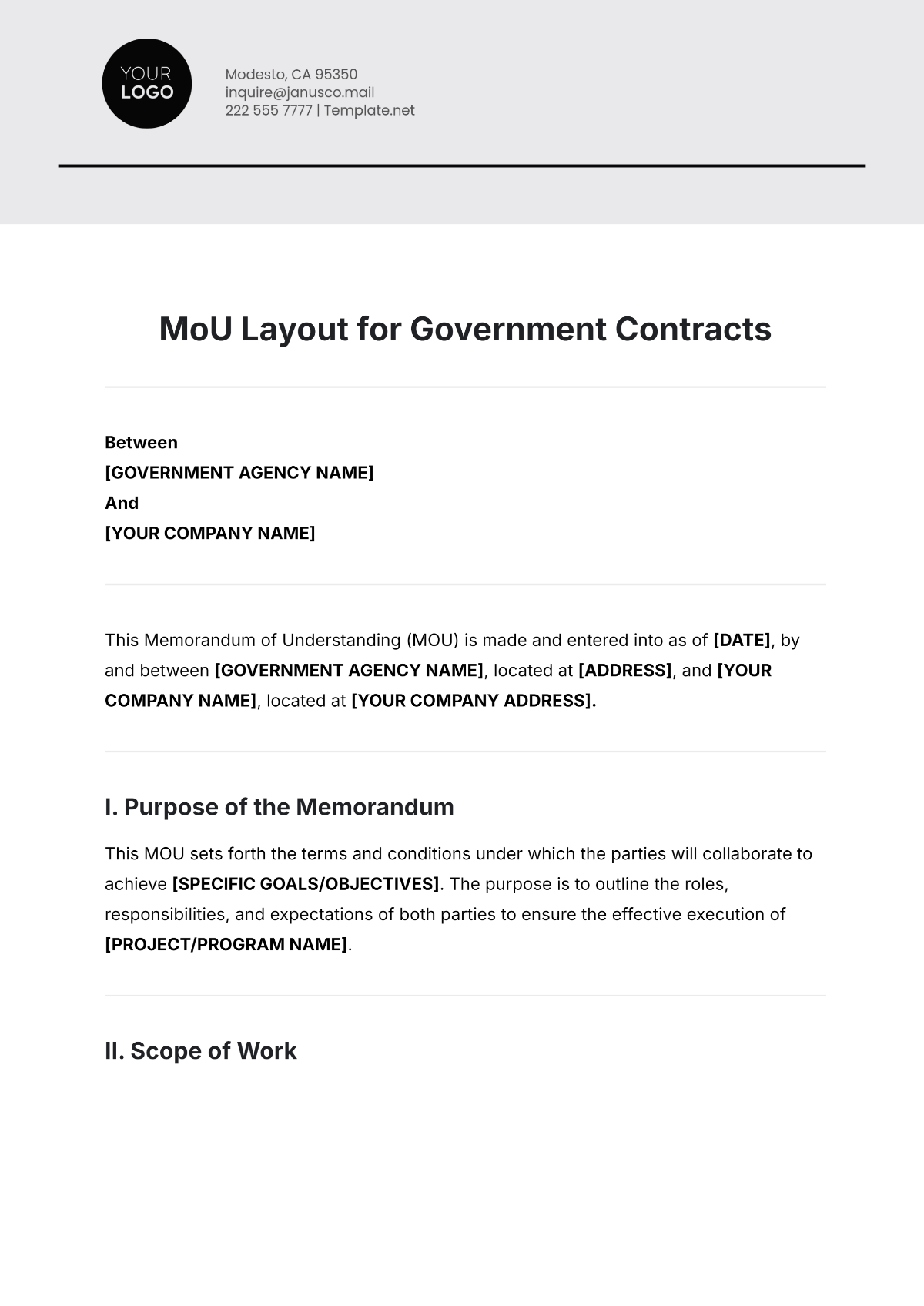Case Briefs For Contract
I. Case Information
Case Name: [Pierce v. Baker]
Case Citation: [2050 2 BLR 123]
Court: [Supreme Court of New York]
Date of Decision: [May 15, 2055]
II. Facts of the Case
The case involved:
[Mia Pierce], a [freelance graphic designer]
[Piper Baker], owner of a [marketing firm]
Events:
[Mia Pierce] submitted a proposal to design a logo for [Piper Baker]'s client on [January 10, 2050].
[Piper Baker] responded with proposed modifications via email on [January 15, 2050].
[Mia Pierce] accepted the proposed modifications on [January 20, 2050], initiating work on the logo.
III. Legal Issues
The central issues were:
Whether email communications constituted a valid offer and acceptance.
Clarity of essential contract terms.
Intent of the parties to be bound by the terms.
IV. Arguments from Both Sides
[Mia Pierce]'s Arguments | [Piper Baker]'s Arguments |
|---|---|
[Mia Pierce] argued that the email exchange demonstrated her acceptance of the proposed modifications, forming a valid contract. | [Piper Baker] contended that the email lacked specificity, negating contract formation. |
[Mia Pierce] emphasized actions indicating intention to be bound by the terms. | [Piper Baker] argued absence of clear agreement on essential terms precluded contract formation. |
[Mia Pierce] cited legal principles supporting enforceability of contracts formed via email. | [Piper Baker] presented precedents demonstrating necessity of clear terms. |
V. Holding
The court held that [Mia Pierce]'s acceptance via email was valid, forming a contract.
Essential terms were deemed sufficiently clear by the court.
VI. Reasoning
Email communications were recognized as a valid means of offer and acceptance under modern contract law principles.
The language used in the email exchange provided sufficient clarity regarding essential contract terms.
The court inferred the parties' intention to be bound by the terms based on their conduct and communications.
VII. Significance
This case underscores the critical role of clear communication in contract formation, particularly in the context of modern communication methods such as email. It serves as a reminder of the enforceability of contracts formed through electronic means, highlighting the need for parties to ensure clarity and intention in their digital correspondence.

















































